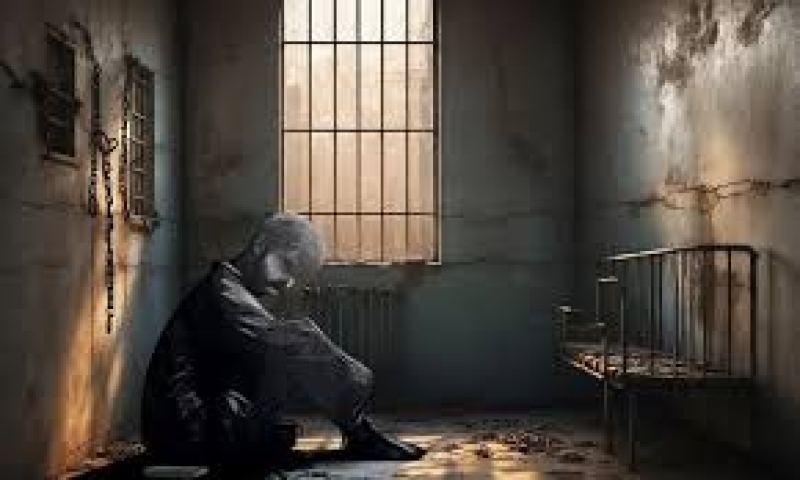- Irregularities, injustice will no longer be accepted in politics: Jamaat Ameer |
- 2 arrested in Jhenaidah for allegedly selling madrasa student |
- Koko’s wife campaigns for Tarique in Dhaka-17 |
- Bangladeshi Expats Cast 4.58 Lakh Postal Votes |
- IMF Forecasts Bangladesh GDP to Rebound to 4.7% in FY26 |
Survivors of Enforced Disappearances Reveal Brutal Torture

In its recently released 50-page report, "After the Monsoon Revolution: A Roadmap to Lasting Security Sector Reform in Bangladesh", Human Rights Watch (HRW) sheds light on the brutal and inhuman treatment endured by three survivors of enforced disappearances. The accounts, which detail years of secret detention and unspeakable torture, expose the dark realities of state-sanctioned abuse in Bangladesh.
The survivors—Michael Chakma, Mir Ahmad Bin Quasem (Armaan), and Abdullahil Amaan Azmi—were released following the fall of Prime Minister Sheikh Hasina’s government. For years, authorities denied holding them, even as they languished in undisclosed locations.
The HRW report notes, "In all three cases, authorities consistently denied any knowledge of their detentions. Yet, the victims shared harrowing stories of solitary confinement, while occasionally hearing the anguished cries of others trapped in the same hellish conditions."
The case of Humam Quader Chowdhury, detained in August 2016 along with Azmi and Armaan, highlights the political undercurrents driving such abuses. All three men are sons of opposition leaders who had been tried and convicted by the International Crimes Tribunal for alleged collaboration with the Pakistani military during Bangladesh's war for independence.
Chowdhury, who was released in March 2017 under the condition of silence, only spoke out after the Hasina government’s collapse. "I know there were other cells in that building, full of people like me. But I couldn’t see them," he said. "Seven months felt like a lifetime. Eight years of such suffering is unimaginable."
Armaan’s capture on August 9, 2016, was brutal and in full view of his family. As armed officers stormed his home, he demanded to see an arrest warrant. The response was a blunt refusal, followed by being dragged out, blindfolded, and handcuffed. "Please don’t make us brutal with you," an officer told him when he protested. For the duration of his detention, Armaan remained shackled and blindfolded, only allowed moments of respite to eat or use the restroom. He was constantly subjected to the sounds of torture from nearby cells, where he heard "screams and cries that no one should ever have to hear."
During his ordeal, Armaan reached a breaking point, pleading with his captors: "Either kill me or release me. I can’t endure this anymore." The officers, however, told him that the decision was beyond their control. "We just receive orders," one officer explained. "We don’t have the power to choose. We follow the instructions that come from the highest authorities."
Chakma’s disappearance on April 9, 2019, followed a similar pattern. The Indigenous rights activist was abducted at a tea stall by men claiming to be law enforcement. He was blindfolded, thrown into a microbus, and driven to a hidden detention site where he was interrogated about Indigenous protests in the Chittagong Hill Tracts.
The early days of Chakma's detention were marked by intense physical and psychological torture. "They tied me to a chair, making me believe it was an electric chair. They threatened to electrocute me if I didn’t give them information," he recalled. "One of them told me, ‘We can keep you here for 30 years and no one will ever know where you are.’”
These chilling accounts of enforced disappearances and the inhuman treatment survivors faced reveal a shocking pattern of state abuse that has left many broken in body and spirit. As Bangladesh grapples with its past, the question remains: Will the government ever be held accountable for these atrocities?

